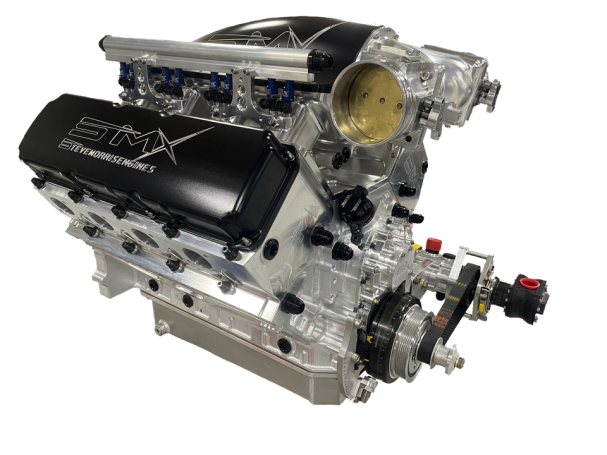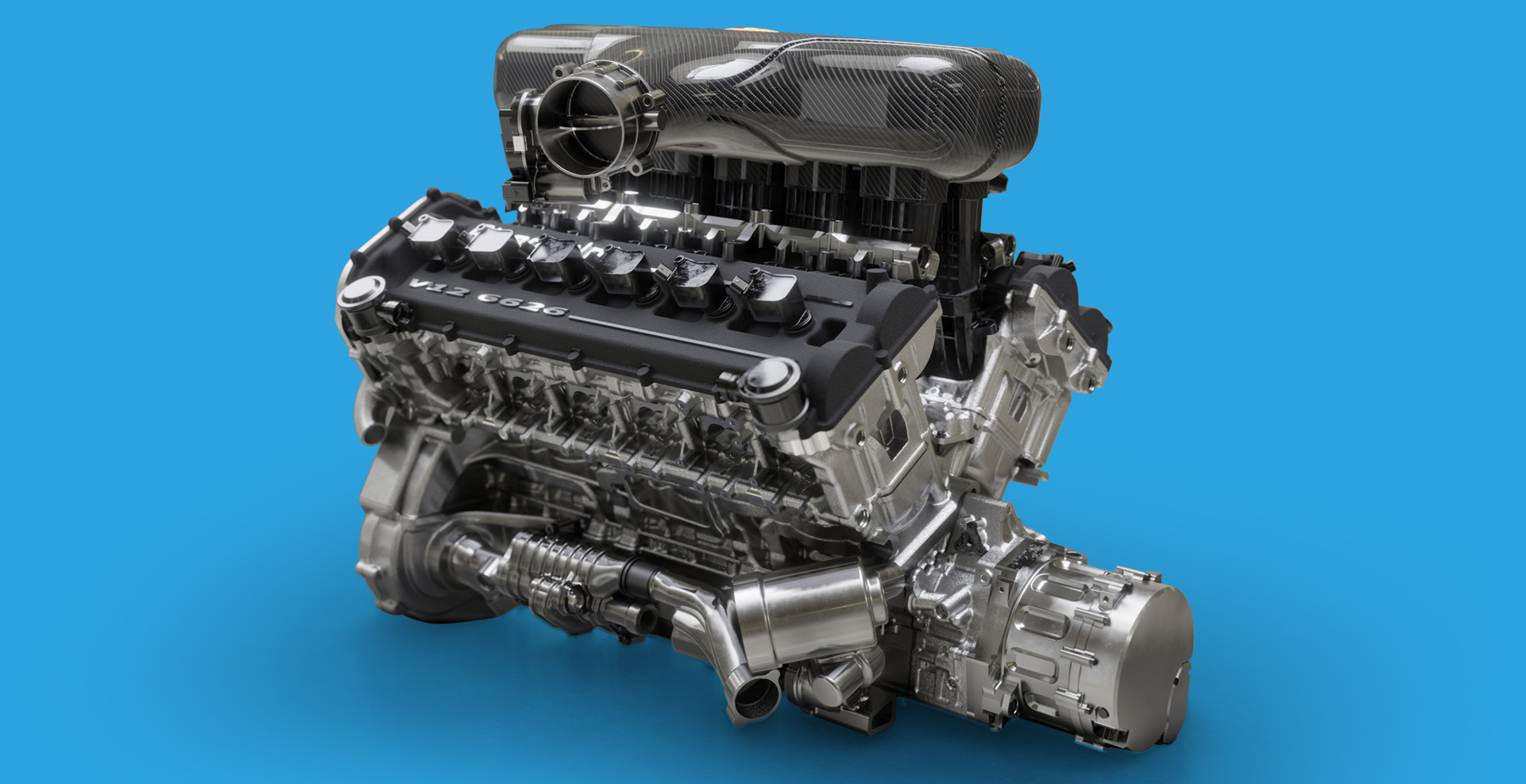Consumer Testimonials: Why Engines For Africa Stands Out
Consumer Testimonials: Why Engines For Africa Stands Out
Blog Article
Explore a Large Range of Engines for Every Car and Function
The vehicle landscape is significantly intricate, with a varied selection of engine kinds designed to meet specific performance and performance requirements throughout different vehicle categories. From the high-performance engines that power sports automobiles to the fuel-efficient choices tailored for daily travelling, the selections are huge and differed. Furthermore, durable engines serve the requirements of job automobiles, while green choices are getting traction in the pursuit of lasting transport. Comprehending these distinctions is vital for making notified decisions, particularly as emerging innovations remain to shape the future of auto engineering. What implications might these advancements hold for consumers and makers alike?
Sorts Of Automotive Engines
Automotive engines can be categorized into numerous unique kinds, each developed to fulfill particular performance and performance needs. One of the most common categories consist of internal combustion engines, electric engines, and crossbreed systems.

Electric engines, on the other hand, operate electrical power stored in batteries, supplying immediate torque and absolutely no emissions. These engines are ending up being progressively popular as a result of innovations in battery technology and the expanding emphasis on sustainability.
Crossbreed systems incorporate both internal combustion and electrical engines, allowing lorries to optimize fuel performance and minimize exhausts by seamlessly changing in between power sources. Each engine kind presents its negative aspects and advantages, influencing aspects such as lorry design, planned use, and market demand. Comprehending these distinctions is important for manufacturers and consumers alike when picking the suitable engine for their certain requirements.
Efficiency Engines for Sports Cars
Efficiency engines for sporting activities automobiles are particularly engineered to deliver boosted power, rate, and dexterity, establishing them aside from basic vehicle engines. These engines often make use of innovative modern technologies such as turbocharging, turbo charging, and variable valve timing to make the most of efficiency and responsiveness.
Generally, performance engines are designed with higher compression proportions, which enable better energy removal from gas. This results in outstanding horsepower and torque figures, making it possible for quick acceleration and greater full throttle. The light-weight materials utilized in these engines, such as aluminum and carbon fiber, add to decreased total automobile weight, boosting handling and ability to move.
Engine setups like V6, V8, and even hybrid systems prevail in performance cars, each offering one-of-a-kind benefits in regards to power distribution and driving characteristics. The tuning of these engines is likewise crucial; lots of suppliers maximize the engine management systems to supply an exciting driving experience, often consisting of sport modes that change throttle action and gear shifts.
Reliable Engines for Daily Commuters
In the realm of daily travelling, efficient engines play a critical role in enhancing gas economic situation and reducing discharges while giving trusted performance. As city populaces grow and environmental worries magnify, the demand for automobiles equipped with reliable powertrains has surged.
Modern engines made for daily commuters commonly incorporate innovations such as turbocharging, direct fuel injection, and crossbreed systems. Turbocharging boosts engine performance by forcing more air right into the combustion chamber, allowing for smaller, lighter engines that do not compromise power output. Straight gas shot enhances fuel atomization, resulting in much better burning and boosted performance.
Hybrid engines, incorporating inner burning with electrical power, additional enhance fuel economic climate, specifically in stop-and-go web traffic, where typical engines can experience ineffectiveness. Electric motors assist throughout acceleration and can run separately at low speeds, reducing general gas usage.
Additionally, improvements in engine management systems and lightweight materials contribute considerably to reliable engine design. By concentrating on efficiency, longevity, and ecological sustainability, producers remain to supply engines that not just satisfy the needs of day-to-day commuting yet likewise align with global initiatives to minimize carbon footprints.
Heavy-Duty Engines for Job Automobiles
Heavy-duty engines for job cars are routinely crafted to provide outstanding torque and dependability under demanding problems. These engines are developed to perform in settings where standard engines may fail, such as building sites, logging procedures, and agricultural setups. The primary emphasis of durable engines is their capacity to produce high degrees of power while preserving resilience over expanded periods of procedure.
Generally, sturdy engines use innovative materials and click this link durable construction strategies to endure the roughness of heavy work. Features such as strengthened cyndrical tube blocks, boosted cooling systems, and advanced gas shot technologies contribute to their effectiveness. These engines often operate at lower RPMs, which helps to enhance fuel efficiency while giving the needed power for lugging and carrying.
In enhancement to mechanical effectiveness, durable engines are typically equipped with innovative digital control systems (ECUs) that handle efficiency, exhausts, and diagnostics. This integration enables far better tracking and maintenance, making sure that work cars stay functional and effective.
Eventually, durable engines are an essential part in the performance of various markets, offering the required power and integrity to deal with the most difficult of jobs.
Eco-Friendly Engine Options
The growing emphasis on sustainability has brought about the development of eco-friendly engine alternatives that focus on reduced discharges and enhanced gas performance. These engines are made to reduce the ecological influence of vehicles while still providing the efficiency and dependability expected by customers.
Among one of the most notable environment-friendly choices are electrical and hybrid engines. Crossbreed engines incorporate standard inner combustion engines with electric propulsion, enabling minimized gas consumption and reduced greenhouse gas discharges. Electric engines, on the other hand, operate completely on battery power, creating zero tailpipe emissions and adding to cleaner air top quality.
One more promising development is the advancement of biofuel engines, which make use of eco-friendly sources, such as plant products, to power automobiles (Engines For Africa). By utilizing biofuels, these engines can decrease dependence on fossil fuels and lower total carbon footprints

As the automobile market advances, green engine options will play a crucial role in driving the change towards even more lasting transportation services.
Final Thought
From high-performance engines that improve sporting activities vehicle abilities to efficient designs focusing on fuel economic situation for day-to-day commuters, each kind serves a particular function. Heavy-duty engines provide to durable job lorries, while eco-friendly choices, such as electric and biofuel engines, official source promote sustainable transport.

Report this page